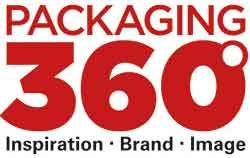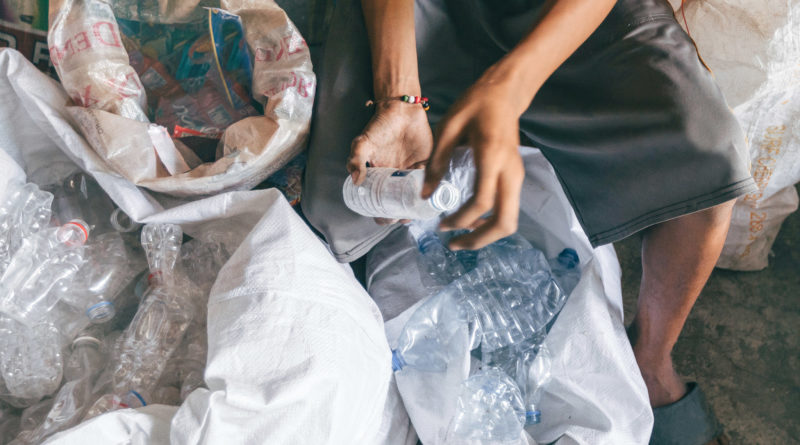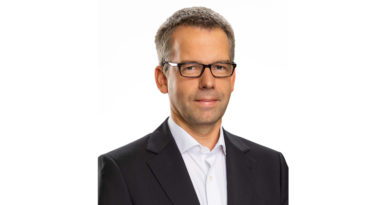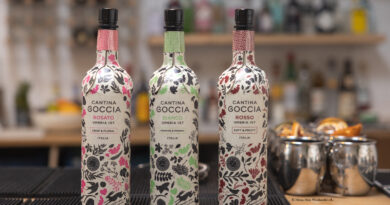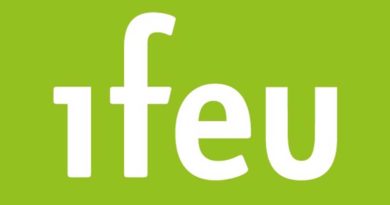Discarded rubbish is turned into currency
Aldi Süd and Aldi Nord are the first German food retailers to collaborate with the social start-up called Plastic Bank. Thereby supporting a project in the Philippines.
Exchange plastic for money or social benefits: This is the core idea of Plastic Bank. The social start-up is setting up collection points for plastic waste in countries with a high rate of poverty and an insufficiently developed waste management programme. As part of a partnership with Aldi Nord and Aldi Süd, a new collection point is now being set up in the Philippines. The two discounters are the first German food retailers to cooperate with Plastic Bank.
„A bank that takes plastic“ is how David Katz, founder of Plastic Bank, describes the basic idea behind the start-up. The concept is simple: Anyone who delivers packaging waste to collection points before it reaches waters or oceans can use it to earn money or claim social benefits. The waste is then sorted, processed and fed into the recycling value chain. To date, a total of 4,000 tonnes of plastic waste have been collected in this way at 26 collection points. „This unique idea not only tackles the waste problem but also improves the lives of people living in poverty. In order to promote the sustainable handling of plastic waste in society as a whole, we need strong partners such as Plastic Bank along the entire value chain,“ says Dr. Julia Adou, Director of Corporate Responsibility at Aldi Süd.
ADVERTISEMENT
 At FachPack you will find exhibitors with the right innovations from the packaging process chain. Meet these companies with innovations on the subject of packaging. More information can be found here.
At FachPack you will find exhibitors with the right innovations from the packaging process chain. Meet these companies with innovations on the subject of packaging. More information can be found here.The collection points are located in the countries where plastic waste finds its way into the environment as a result of inadequate waste management programmes – for example in Brazil, Indonesia or Haiti. With the support of Aldi, another collection point is being built in the Philippines, which will start operations in spring. The funding is initially planned for two years. „With this collaboration, we want to provide help where it is really necessary,“ says Erik Hollmann, Head of Corporate Responsibility at Aldi Nord. „We are pleased to be the first food retailer in Germany to be part of this project and to be able to support the local people. In exchange for plastic waste, the local population will receive, for example, medical care, food or electricity for their smartphones. The collectors are paid according to the weight of the packaging and the type of plastic. The so-called Social Plastic is thereby becoming a new type of currency. The detergent manufacturer Henkel became the first fast-moving consumer goods company to enter into a partnership with the social enterprise The Plastic Bank in 2017.
